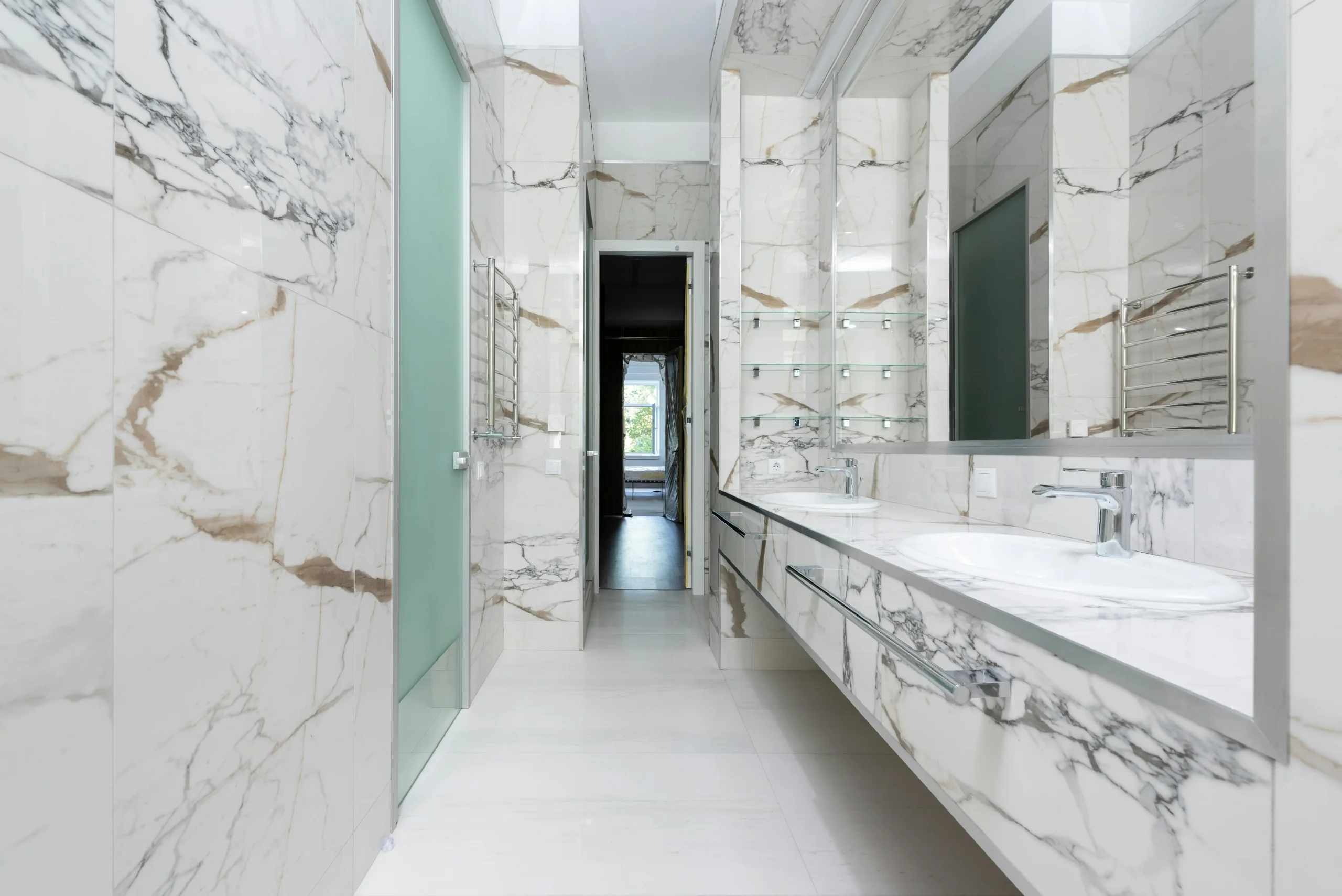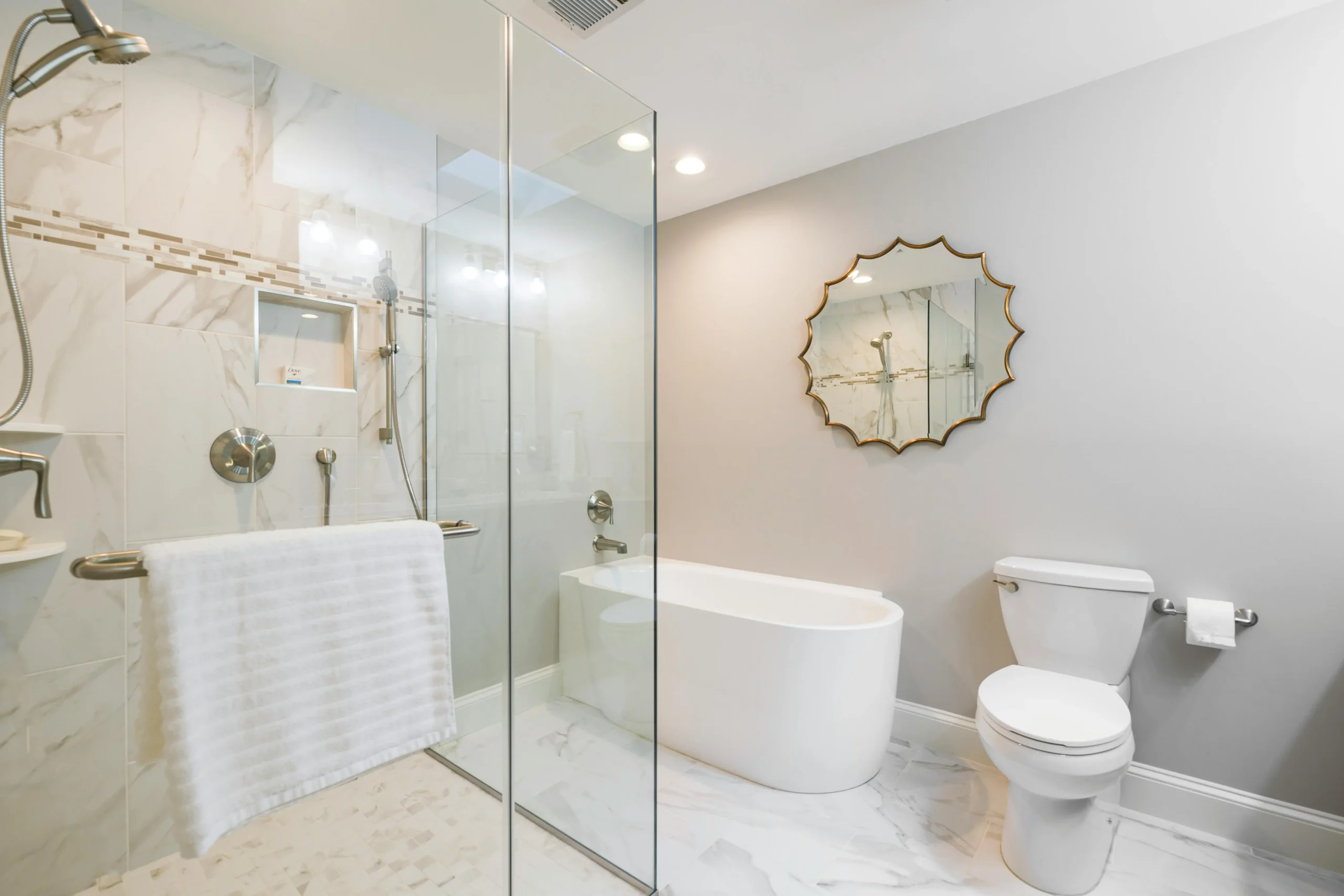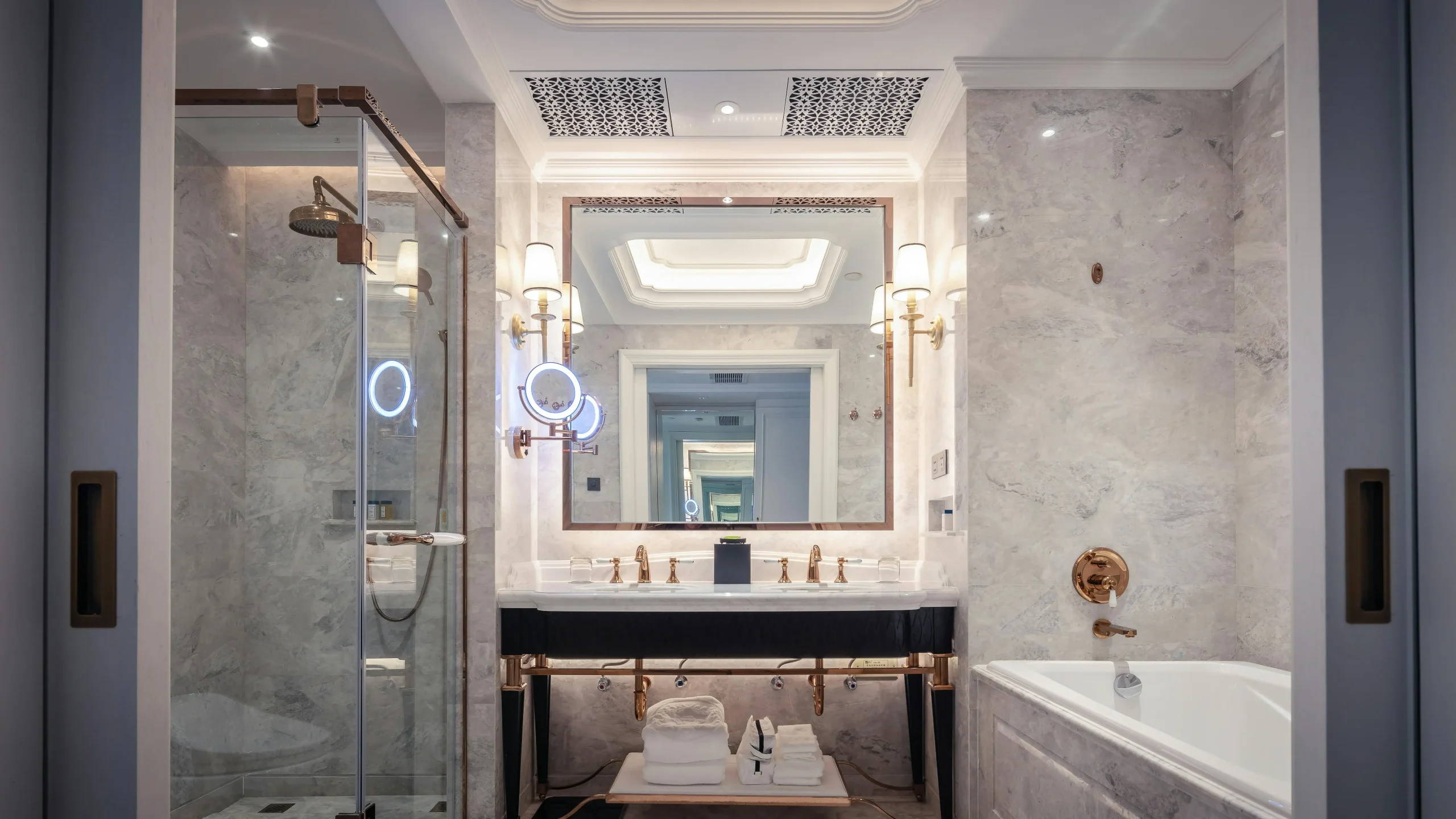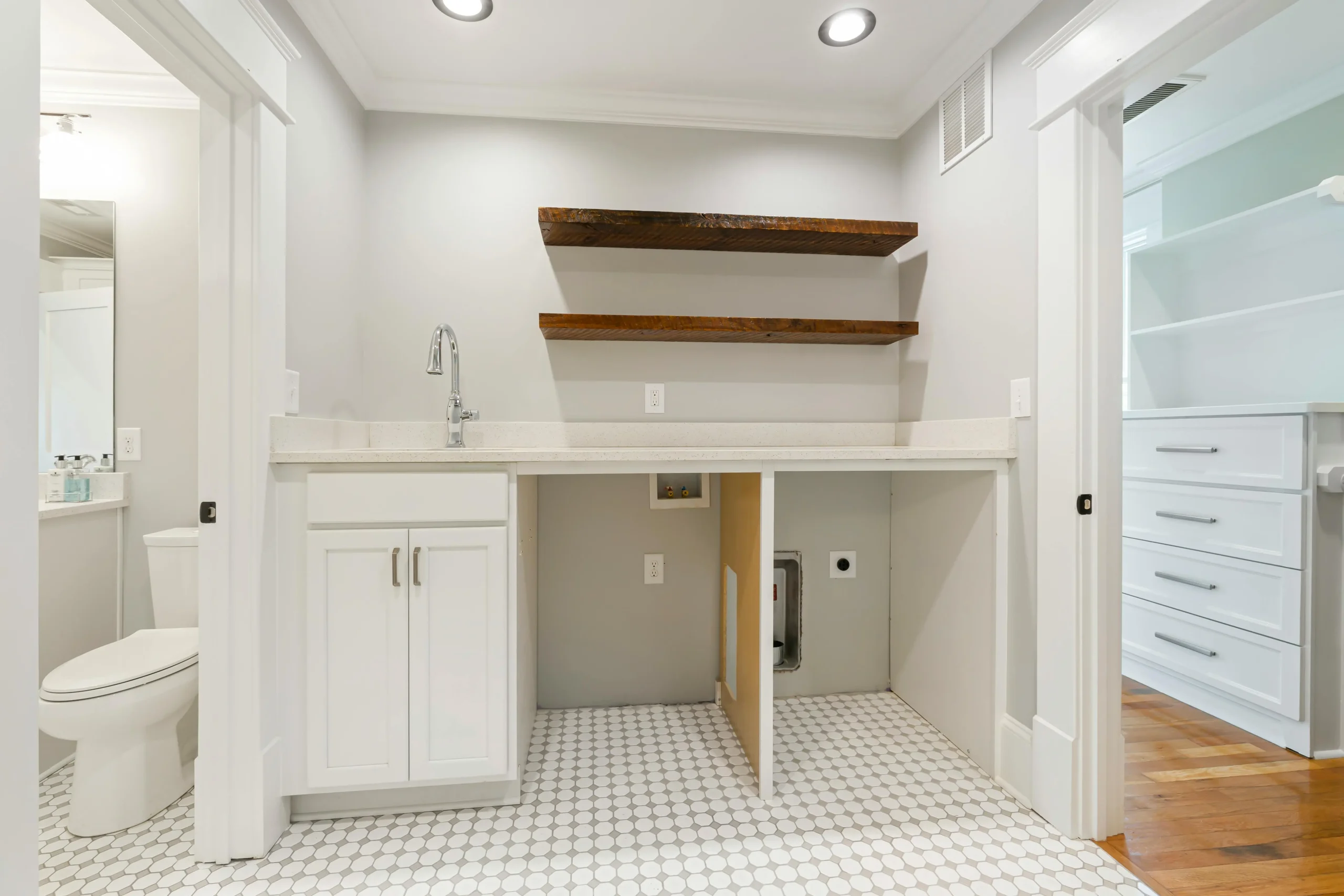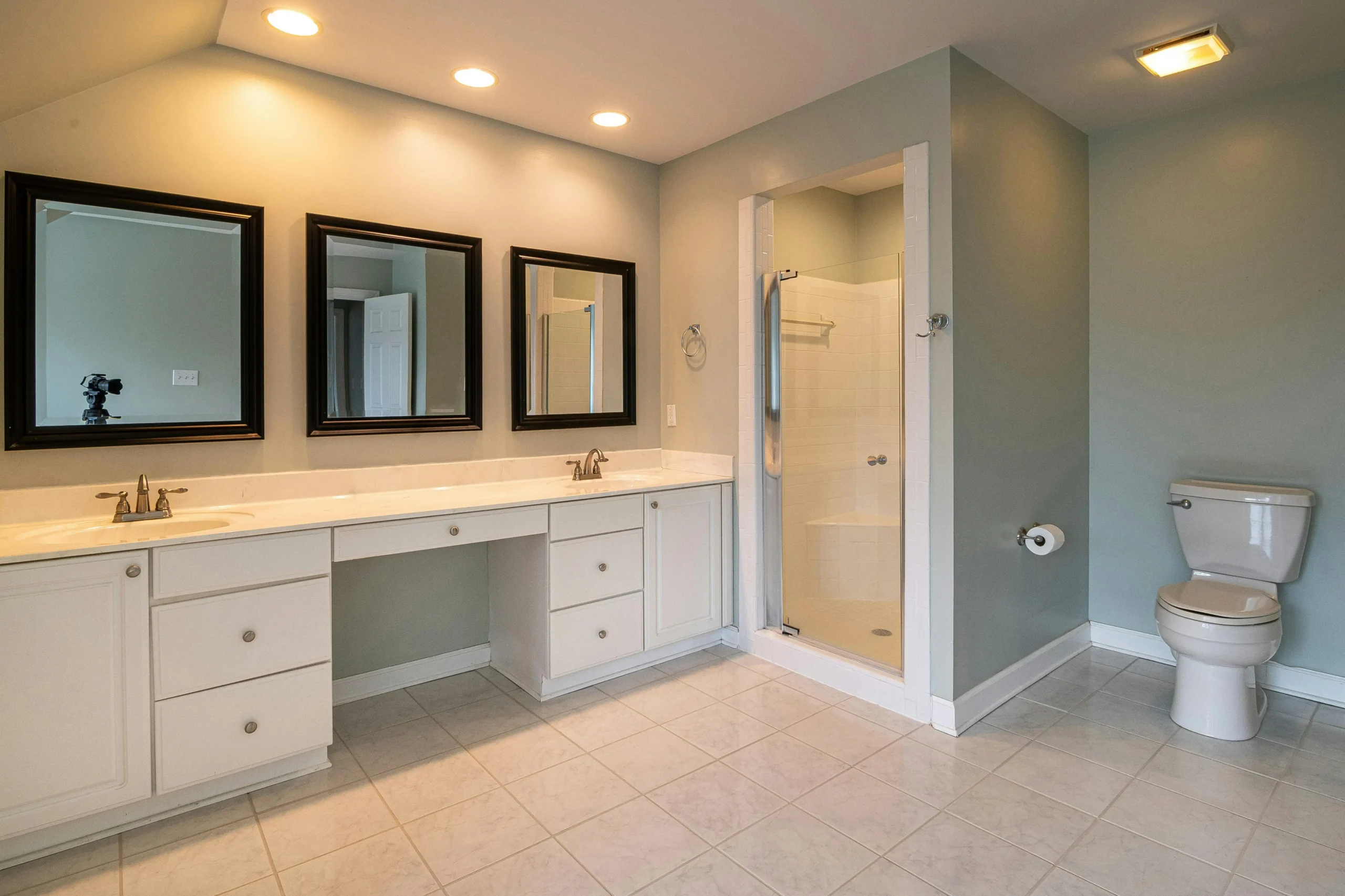Breaking Down New Haven Kitchen Remodel Costs
Kitchen remodeling in New Haven can be a significant investment, and understanding the costs involved is essential for planning your project. The cost of a kitchen remodel typically ranges from $15,000 to $100,000, depending on the size of the project, the materials chosen, and the complexity of the renovation. Factors such as whether you’re doing a cosmetic update, such as replacing fixtures and painting cabinets, or a more extensive remodel that involves relocating plumbing, electrical work, and structural changes, will have a substantial impact on the final price. Labor costs, material selection, and the type of finishes all contribute to the overall cost. Additionally, local market conditions and contractor fees in New Haven can influence the final amount you will spend on your remodel.
Factors Influencing Remodeling Costs
Several factors influence the overall cost of a kitchen remodel, making it important to consider each element during the planning phase. One of the main factors is the scope of the project. A simple remodel, such as changing cabinet hardware or updating countertops, will naturally cost less than a complete renovation involving new cabinets, flooring, plumbing, and electrical work. The quality of materials you select also plays a significant role; premium materials like granite countertops and custom cabinetry will increase costs, while more budget-friendly options such as laminate countertops and stock cabinets can reduce the price. Labor costs are another major factor, as skilled professionals in New Haven often charge hourly rates based on experience and the complexity of the project. Additionally, if structural changes are needed, such as moving walls or rerouting plumbing, this will further elevate the cost of your kitchen remodel.
Material Costs for Major Kitchen Renovations
Material costs can make up a significant portion of your kitchen remodeling budget. In New Haven, cabinetry is often one of the largest expenses, with custom cabinets typically costing anywhere from $10,000 to $25,000, depending on size and materials. Countertop materials, such as granite, quartz, or marble, can range from $3,000 to $10,000 or more, depending on the quality and amount needed. Flooring, whether you choose hardwood, tile, or vinyl, can cost between $2,000 and $7,000 for installation. Appliances are another key cost, with high-end models like refrigerators, ovens, and dishwashers pushing the total bill up. High-quality fixtures, lighting, and backsplashes can also increase the price of your renovation. It’s crucial to prioritize materials that match your design goals and budget, as these decisions will significantly affect the final cost.
New Haven Labor Costs for Kitchen Remodels
Labor costs for kitchen remodels in New Haven can vary depending on the scope and complexity of the project. On average, homeowners can expect to pay between $50 and $100 per hour for skilled tradespeople, such as contractors, electricians, and plumbers. More specialized work, like custom cabinetry or complex plumbing, may cost more. For example, plumbing and electrical work typically costs between $2,000 and $5,000, depending on whether the work requires rerouting pipes or wiring. In some cases, hiring an experienced designer may add an additional cost, but their expertise can ensure that the remodel is both functional and visually appealing. If your remodel involves tearing down walls or installing complex features, such as a high-end kitchen island, the labor costs may be significantly higher.
Kitchen Remodel Cost Guide for Beginners
For beginners tackling a kitchen remodel, it’s essential to have a clear understanding of the potential costs involved. A basic remodel, which includes replacing countertops, flooring, and cabinets, typically costs between $15,000 and $25,000. For a mid-range remodel, where you may add new appliances, lighting, and custom cabinetry, expect to spend anywhere from $30,000 to $50,000. High-end remodels, which may involve designer fixtures, premium appliances, and a complete overhaul of the kitchen’s layout, can range from $70,000 to $100,000 or more. Homeowners should be mindful of the budget from the start and avoid unexpected costs by factoring in contingency funds, typically about 10% to 20% of the total budget. It’s also important to account for the design, materials, and labor costs and keep track of each element to prevent the project from exceeding expectations.
Budgeting Tips for Kitchen Remodels
When budgeting for a kitchen remodel in New Haven, start by determining the scope of your project and setting a realistic budget based on your priorities. A good rule of thumb is to allocate 25% of the total budget for cabinetry, 10% for countertops, 15% for flooring, and 10% for appliances. Keep in mind that unforeseen issues, such as outdated plumbing or electrical work, can increase the budget, so it’s important to set aside an additional 10-20% for contingency expenses. It’s also wise to get multiple quotes from different contractors to compare prices and services. Prioritize the features that are most important to you, such as energy-efficient appliances, durable countertops, or stylish cabinetry, and make sure you are choosing materials that match both your budget and design vision. Avoid making changes to the plan once the project begins, as this can add costs and delays.
High-End vs. Budget Kitchen Remodel: Cost Differences
The primary difference between a high-end and budget kitchen remodel is the quality of materials used and the level of customization. A budget remodel typically involves stock cabinets, laminate countertops, and more affordable flooring options, such as vinyl or basic tile. These remodels generally cost between $15,000 and $25,000, depending on the size of the kitchen and the extent of the changes. On the other hand, high-end remodels incorporate custom cabinetry, luxury countertops (like granite or quartz), designer lighting, and premium appliances. These upgrades can raise the total cost to anywhere from $50,000 to $100,000 or more. High-end remodels also often involve structural changes, such as opening up the floor plan or installing a larger kitchen island, which adds to the cost. If you’re on a budget, consider focusing on small upgrades that add significant value without going overboard on materials.
Impact of Kitchen Size on Remodel Cost
The size of your kitchen plays a significant role in determining the total cost of a remodel. Larger kitchens require more materials, including cabinets, countertops, and flooring, which increases the overall price. Additionally, larger kitchens often involve more complex layouts and require more labor, which raises the cost. For example, remodeling a small kitchen (less than 100 square feet) may cost between $15,000 and $30,000, while a larger kitchen (over 200 square feet) could range from $40,000 to $100,000, depending on the extent of the renovation. In general, larger kitchens allow for more expansive design options, such as an island, multiple workstations, or additional storage, which will increase both material and labor costs. When planning for a remodel, it’s important to account for the size of the kitchen and the complexity of the design.
Average Price of Kitchen Remodels by Region
The cost of a kitchen remodel can vary greatly depending on the region. In New Haven, Connecticut, a standard kitchen remodel typically costs between $20,000 and $50,000, depending on the scope of the project. However, in other parts of the U.S., the cost of a kitchen remodel may differ significantly. For example, remodels in large cities or affluent areas, such as New York City or San Francisco, can exceed $100,000 due to high labor and material costs. In smaller towns or less expensive regions, the costs may range from $10,000 to $30,000 for a mid-range remodel. Understanding the regional pricing can help homeowners gauge what’s reasonable for their area and budget accordingly.
FAQs: Understanding Major Kitchen Value
Upgrades that increase functionality and aesthetic appeal, such as high-quality cabinetry, energy-efficient appliances, and modern countertops, typically add the most value to a kitchen remodel. Additionally, improvements like new flooring, stylish backsplashes, and a well-planned layout can significantly boost the space’s overall value. If you plan to sell your home soon, these upgrades will likely provide a good return on investment.
What Can I Expect for Return on Investment?
A kitchen remodel typically offers a return on investment (ROI) of about 60% to 80%, depending on the scope of the project and the materials used. Higher-end remodels may offer a lower ROI due to their higher initial cost, while smaller, more modest renovations often provide better returns. To maximize ROI, focus on practical improvements and ensure that the design is timeless and appealing to a wide range of potential buyers.
Frequently Asked Questions
Is $30,000 enough for a kitchen remodel?
A $30,000 budget is typically enough for a comprehensive mid-range kitchen remodel. Within this price range, homeowners can usually afford significant improvements, including updating cabinetry, countertops (like quartz or granite), modernizing appliances, upgrading flooring, and enhancing lighting fixtures. However, the sufficiency of a $30,000 budget depends greatly on the size of your kitchen, your specific renovation goals, and the materials you select. If your remodel plans include high-end custom cabinetry, luxury finishes, extensive plumbing or electrical changes, or structural modifications, you might find this budget somewhat limiting. Careful planning, prioritizing critical updates, and making strategic material choices—such as opting for semi-custom cabinetry or refinishing existing components—can help maximize your investment. Working closely with a reputable contractor ensures your remodel aligns with your financial parameters while delivering substantial visual and functional improvements.
What is a good budget for a kitchen remodel?
A good budget for a kitchen remodel generally ranges between $25,000 and $50,000, though the optimal amount can vary depending on your renovation objectives and material preferences. Within this range, homeowners can expect substantial improvements, such as updated cabinetry, quality countertops, new flooring, modern appliances, and improved lighting. If your kitchen requires significant structural changes, custom cabinetry, or luxurious finishes, you might consider budgeting beyond $50,000. It’s also wise to allocate around 10–15% of your total budget as a contingency to cover unforeseen expenses or upgrades that may emerge during construction. Collaborating closely with experienced contractors and designers helps to ensure your budget is realistic, efficiently allocated, and aligned with both your functional needs and aesthetic vision, resulting in a successful remodel.
What is the average cost of a brand new kitchen?
The average cost of a brand new kitchen typically ranges between $30,000 and $70,000, with most homeowners investing approximately $40,000 to $60,000 for a full-scale renovation. This estimate generally covers the replacement of cabinetry, installation of new countertops (such as granite or quartz), upgraded appliances, modern flooring, updated lighting, plumbing, electrical work, and labor costs. Higher-end or luxury kitchens featuring custom cabinetry, premium appliances, structural modifications, or designer materials can push total expenses upward of $70,000, even approaching or surpassing $100,000. Labor usually accounts for about 20–35% of the total remodeling budget. Because costs vary significantly based on specific selections and regional market rates, obtaining multiple quotes from reputable contractors will provide a clearer and more precise estimate tailored to your specific project goals and preferences.
What is the most expensive part of a kitchen remodel?
In most kitchen remodels, cabinetry is typically the single most expensive component, often accounting for approximately 25–40% of the total project cost. Custom or semi-custom cabinets represent a major investment due to the detailed craftsmanship, quality of materials, and their significant impact on the kitchen’s overall appearance and functionality. After cabinetry, premium countertops—such as quartz or granite—follow closely as another major expense. Appliances, particularly if you choose high-end or professional-grade models, can also significantly affect the total cost. Labor is another substantial factor, especially if the renovation involves complex installations, plumbing or electrical adjustments, or structural modifications. While cabinetry typically stands out as the largest expense, careful selection, strategic planning, and considering alternatives like refinishing or semi-custom cabinetry can help manage costs effectively while achieving impressive results.

